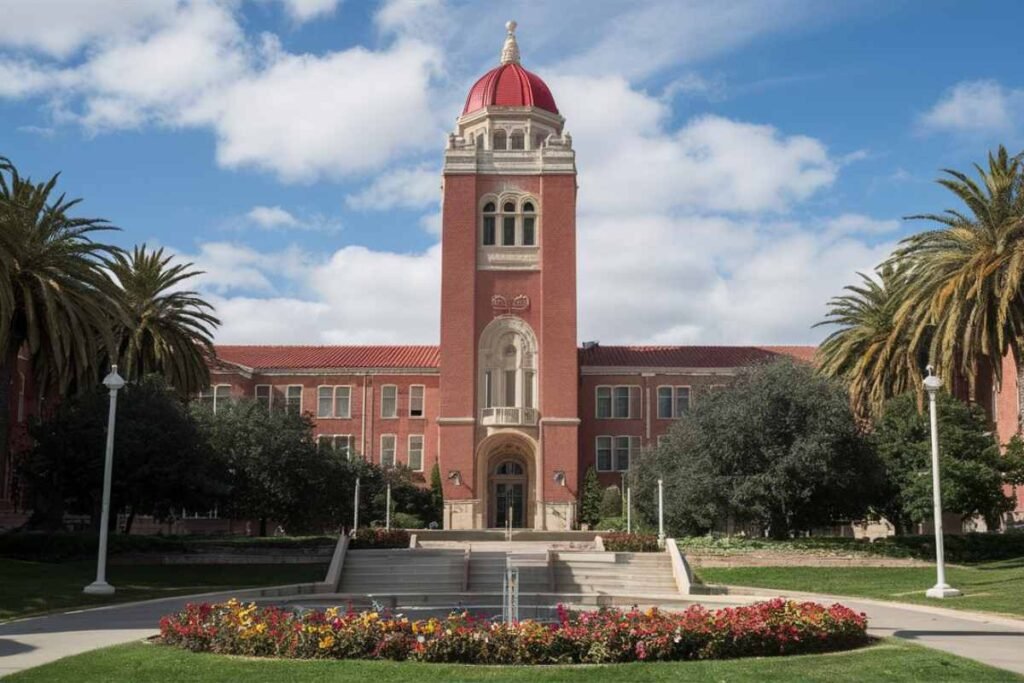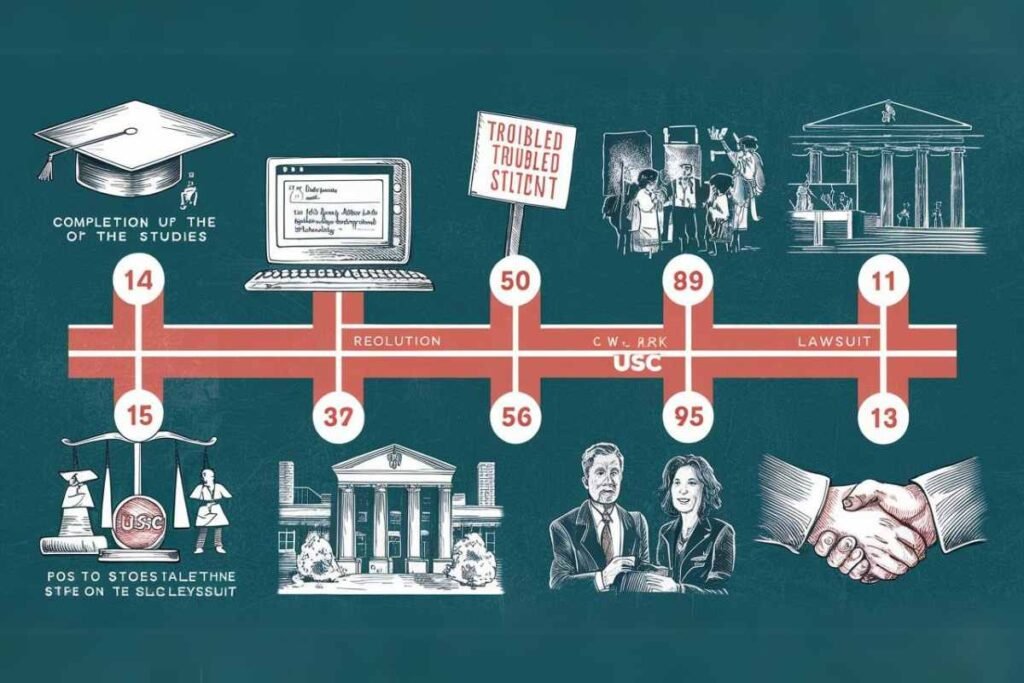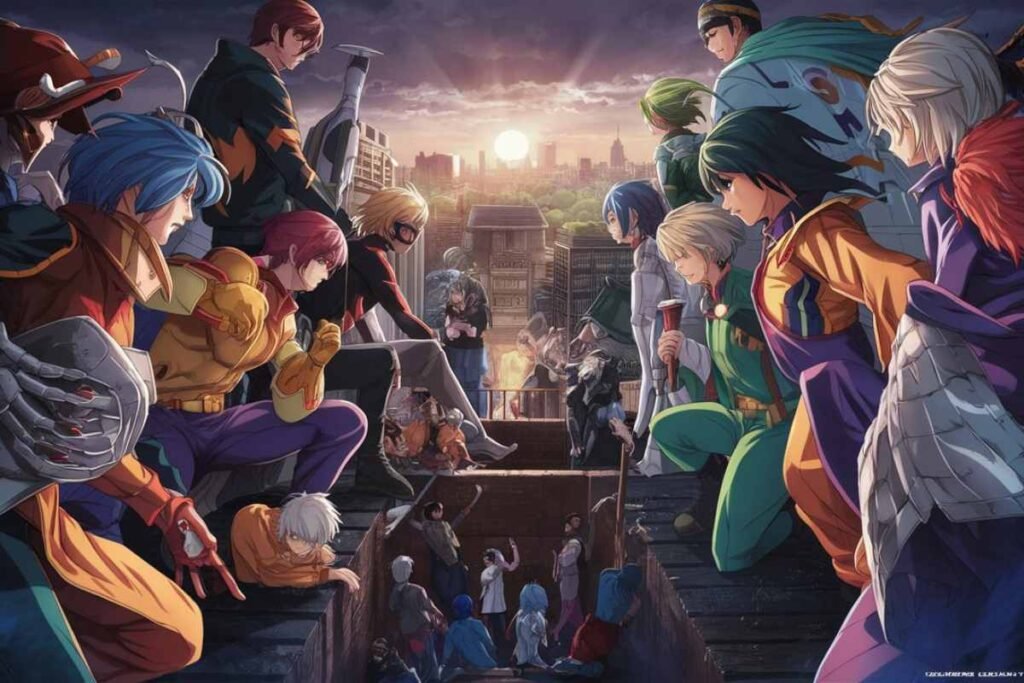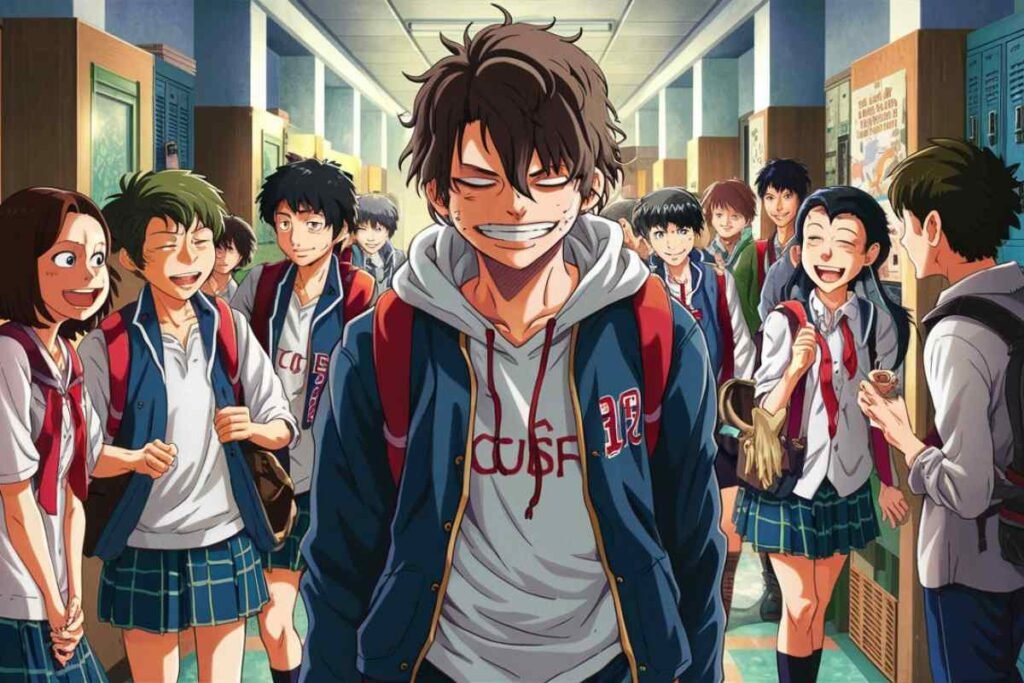Table of Contents
In recent years, the academic realm has been shaken by the unfolding saga of the C.W. Park USC Lawsuit. Dr. C.W. Park, a respected figure in the academic community, took a stand against.
The University of Southern California (USC), alleging a myriad of issues ranging from discrimination to academic misconduct. Let’s delve into the intricacies of this legal battle and what it signifies for higher education.
Understanding the C.W. Park USC Lawsuit

Dr. C.W. Park’s lawsuit against USC sheds light on deeply concerning allegations of discrimination, retaliation, and academic misconduct.
The core of the dispute revolves around Dr. Park’s claims of experiencing racial bias and unfair treatment during his tenure at USC.
He contends that despite his scholarly contributions, he was overlooked for promotions and subjected to a hostile work environment due to his race and national origin.
Allegations of Academic Misconduct
Beyond issues of discrimination, the lawsuit also brings to the forefront allegations of academic misconduct within USC’s academic and administrative systems.
Dr. Park accuses USC of failing to uphold academic integrity, citing instances of research misconduct, data falsification, and plagiarism.
These accusations raise fundamental questions about the university’s commitment to ethical standards and transparency.
Legal Battle Unfolds
As the legal battle unfolds, both sides present compelling arguments and evidence to support their positions.
Dr. Park contends that his advocacy for fairness and transparency led to retaliation from USC, including negative performance reviews, denial of research funding, and ultimately, termination of his employment.
USC, on the other hand, vehemently denies any wrongdoing and defends its actions as justified and unrelated to Dr. Park’s protected activities.
Implications for Higher Education
The repercussions of the C.W. Park USC Lawsuit extends far beyond the confines of USC.
This legal showdown serves as a stark reminder of the pervasive issues of discrimination, academic misconduct, and retaliation within academic institutions nationwide.
It underscores the urgent need for universities to address systemic inequalities, foster inclusive environments, and uphold the principles of fairness and justice for all faculty and staff members.
Moving Towards Change
As the legal proceedings continue, the case serves as a catalyst for change within USC and other academic institutions.
It prompts a reevaluation of existing policies and practices to ensure accountability, transparency, and equal treatment for all members of the university community.
By confronting these challenges head-on and implementing meaningful reforms, universities can pave the way for a more equitable and inclusive future in higher education.
Background of Dr. C.W. Park
Dr. C.W. Park, a distinguished academic with expertise in marketing, has a long-standing career marked by scholarly achievements and contributions to the field of academia.
His research and teaching prowess have earned him recognition and respect within the academic community, making him a prominent figure at the University of Southern California (USC).
Timeline of Events Leading to the Lawsuit

The origins of the C.W. Park USC Lawsuit can be traced back to a series of incidents and developments within USC’s academic environment.
These include allegations of discriminatory practices in hiring and promotion decisions, as well as concerns raised by Dr. Park regarding transparency and fairness within the university.
Response from USC
In response to the allegations raised by Dr. Park, USC has issued statements defending its actions and refuting claims of discrimination and academic misconduct.
The university asserts its commitment to diversity, inclusion, and ethical standards, emphasizing its dedication to addressing any issues that may arise.
Public Reaction and Media Coverage
The C.W. Park USC Lawsuit has garnered significant attention from the media and the public, sparking debates and discussions about the state of higher education and the challenges faced by academic institutions.
Various stakeholders, including students, faculty members, and alumni, have weighed in on the matter, expressing their perspectives and concerns.
Broader Implications for Higher Education
Beyond USC, the outcomes of the C.W. Park USC Lawsuits are likely to have broader implications for the landscape of higher education.
It raises questions about the efficacy of existing policies and procedures in addressing issues of discrimination, retaliation, and academic integrity within universities across the country.
Calls for Reform and Accountability

In light of the allegations brought forth in the lawsuit, there have been growing calls for reform and accountability within USC and other academic institutions.
Stakeholders are advocating for greater transparency, oversight, and accountability measures to ensure that similar issues are addressed effectively and prevent their recurrence in the future.
Ongoing Developments
As the legal proceedings unfold, the case continues to evolve, with new developments and revelations emerging over time.
It remains to be seen how the courts will adjudicate the matter and what impact the final verdict will have on the parties involved and the broader academic community.
Conclusion
In conclusion, the C.W. Park USC Lawsuit stands as a potent testament to the complex intersection of discrimination, academic integrity, and institutional accountability within higher education.
Dr. C.W. Park’s courageous stance against alleged racial bias and academic misconduct at the University of Southern California (USC) has ignited a crucial dialogue about fairness, transparency, and inclusivity in academia.
As the legal battle unfolds, it underscores the imperative for universities nationwide to address systemic inequalities, uphold ethical standards, and foster environments that champion diversity and equal treatment for all members of the academic community.
The outcome of this lawsuit has the potential to catalyze meaningful reforms, prompting a reevaluation of existing policies and practices to ensure a more equitable and inclusive future for higher education.
FAQs
What prompted Dr. C.W. Park to file the lawsuit against USC?
Dr. Park alleges discrimination based on race and retaliation, asserting that USC infringed upon his rights and subjected him to unfair treatment.
Why is academic freedom crucial in higher education?
Academic freedom allows faculty members to express their views without fear of retribution, fostering intellectual growth and ensuring the integrity of scholarly pursuits.
How does the lawsuit impact USC’s reputation?
USC’s response to the allegations will shape its commitment to equity, diversity, and intellectual freedom, potentially impacting its reputation within the educational community.
What role does inclusivity play in this case?
The lawsuit highlights the need for institutions to actively address discrimination within their academic communities and promote inclusivity to ensure fair treatment for all faculty members.
What can other universities learn from this legal battle?
The case serves as a wake-up call, urging institutions to uphold their promises and create a welcoming environment for all, emphasizing the importance of transparency, accountability, and equal treatment within academic settings.


